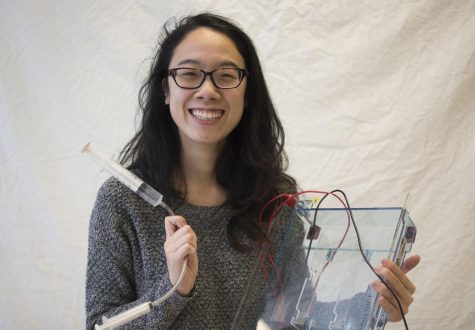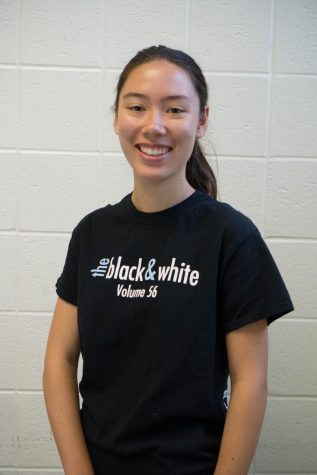A superlatives guide to Whitman’s most notable courses
April 4, 2018
Beyond the usual course description, here are some extra insights you might find useful.
Most unique to Whitman: Arabic
Only about 1 percent of high schools offer an Arabic course, according to the Pacific Standard magazine. But this doesn’t mean the class isn’t useful—it’s the 5th most frequently spoken language in the world, with over 300 million speakers, the British Council found.
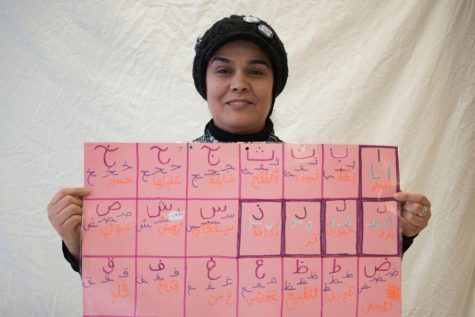
Highest quality entertainment: Spanish 4
El Internado, the Spanish TV series that Spanish 4 classes watch every Friday, generates fresh excitement with Spanish learners every year (not to mention strange questions like, spoiler alert, “Did Ivan really sleep with his cousin?!”). The drama-thriller centers on the events at a fictional boarding school, and it has even inspired some students to watch outside of school.
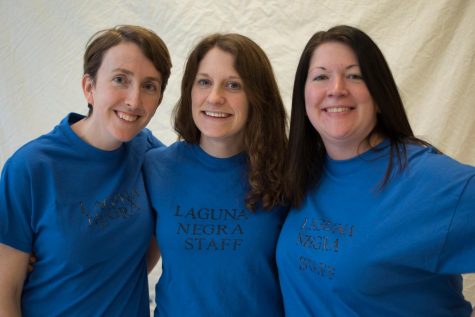
Most real-world relevant: Personal Finance
Going into life without financial education is like driving a car without taking driver’s ed, personal finance teacher Demitra Marafatsos says—risky loans and investments can put students in severe danger. For students who complain that school focuses too little on practical subjects like taxes, this is the class for you.

Most hands-on: Ceramics
Although Whitman has a wide selection of art courses, ceramics gets students most physically involved and three-dimensionally engaged, and clay-crusted hands are a common sight.
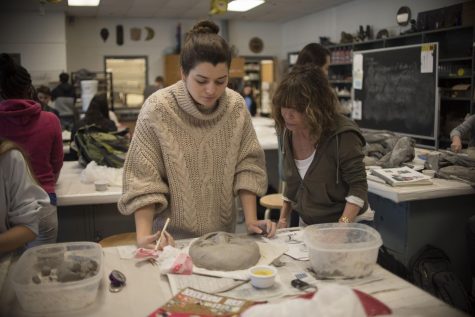
Most likely to keep you up until 2 a.m.: AP World History
AP World is notorious for its extensive textbook readings, demanding seminars, and rigorous analysis-based tests. While most students finish the class successfully, don’t be surprised if you find yourself pulling a few 2 a.m. bedtimes or even the occasional all-nighter.

Best retake policy: AP Calculus AB
While several math classes allow the occasional retake or 25-percent-back corrections, AB provides one of the most consistently helpful retake policies at Whitman. The one-third points back on all quiz reworks has boosted many a borderline grade.
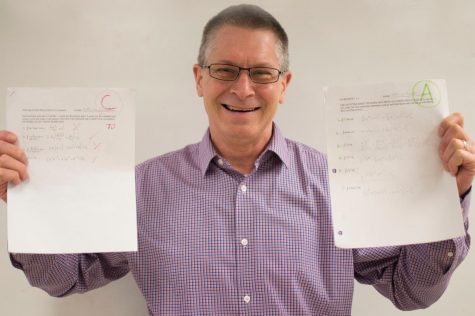
Most student-organized: Leadership
If you’ve participated in any school fundraisers or spirit days, you know the influence that students in the Leadership class have. Discussions and decisions are almost entirely guided by the students, whether developing new fundraisers or planning the set-up of school-wide events like Vike-a-Thon.

Most straight-up memorization: Anatomy
Anatomy is well-known for its rote memorization requirements, and that shouldn’t be a surprise given that all 206 bones in the human body—along with the parts of the eye and other body systems—are fair game. If you want to take anatomy, you’ll probably have to get familiar with your notecards and Quizlet.
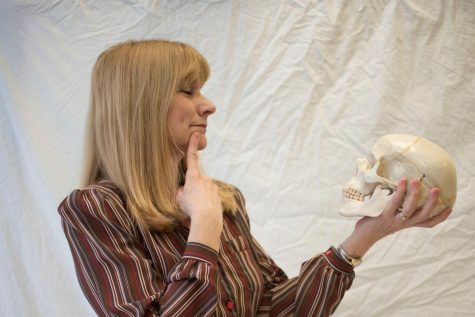
Fastest growing in popularity: AP Human Geography
AP Human Geography has seen significant growth in the number of sections over the past few years, guidance counselor Kari Wislar said. The course focuses on how geography affects and relates to different cultures.

Newest way to get your tech fix: Biotechnology and Bioengineering
Biology teacher Mira Chung will teach a new biotech and bioengineering course next year. The course focuses on problem-based, hands on learning, with an emphasis on up-and-coming scientific subjects like prosthetics and genetic engineering.
